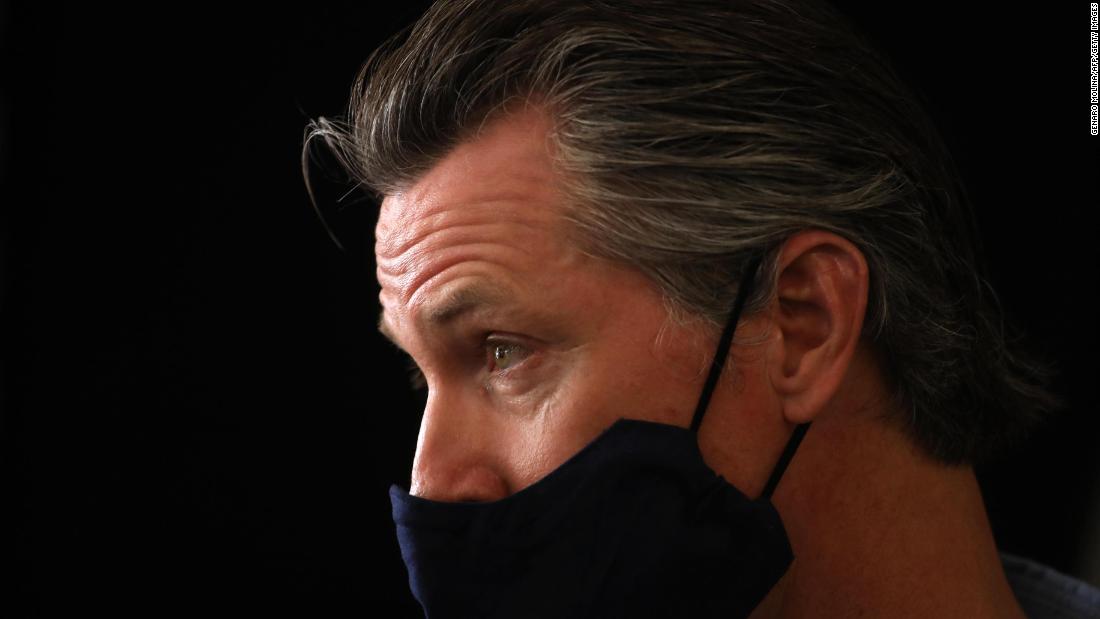
How a sharp contrast on Covid has reshaped the California recall race
CNN
The effort to recall California Gov. Gavin Newsom took off last year amid a backlash to his aggressive restrictions to slow the spread of the coronavirus. But when the last ballots are cast in Tuesday's special election, it may be the fears about the surge of the Delta variant that allow him to keep his job.
For more than a year, the Covid-19 pandemic has been the dominant theme in the Republican-led effort to oust the Democratic governor -- and it is still the central factor in the closing days of this race. Day after day in his ads and his public appearances, Newsom frames the recall vote as a "life and death" choice for voters, while his leading GOP opponent, conservative talk radio host Larry Elder, promises to do away with Newsom's mask and vaccine mandates as one of his first acts in office. Ironically, it's that contrast on the issue that at first seemed to make Newsom most vulnerable that has shifted the trajectory of the race in his favor. In late July and early August, California Democratic leaders were worried as the polls tightened and Newsom appeared to be in trouble. Despite running in a state where registered Democrats outnumber Republicans by nearly 2 to 1, his party's voters were disinterested in the recall, while Republicans were enthusiastic as Elder emerged as the GOP frontrunner to replace the governor.
Days after Eric Adams won the New York City mayoral primary four years ago, he was invited to Washington by then-Speaker Nancy Pelosi to speak to the House Democratic caucus, touted by the chair of the House Democrats’ campaign arm as a model for campaigns around the country, and welcomed at Joe Biden’s White House.

Ukraine’s military commander in charge of the country’s drone warfare program urged the US and NATO countries alike on Wednesday to learn from Kyiv’s use of the technology on the battlefield so in the future there are not “hard questions from your children [about] when [their] father will come back.”





















 Run 3 Space | Play Space Running Game
Run 3 Space | Play Space Running Game Traffic Jam 3D | Online Racing Game
Traffic Jam 3D | Online Racing Game Duck Hunt | Play Old Classic Game
Duck Hunt | Play Old Classic Game









